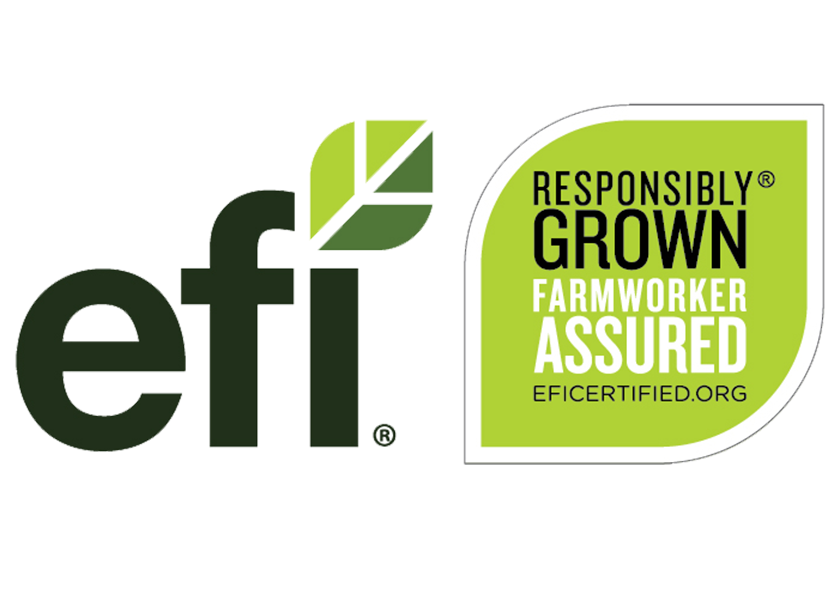Industry trends show Midwest growers primed for workforce development

Equitable Food Initiative, the certification and skill-building organization that partners with growers, farmworkers, retailers and consumer advocacy groups, continues to provide tools and resources for agricultural workforce development. EFI will now bring a new focus on the Midwest fresh fruit and vegetable industry, based on market research and the latest industry trends.
In May 2021, EFI partnered with Kitchen Table Consultants to evaluate the state of the Midwest fresh fruit and vegetable industry and understand the unique challenges and opportunities of the region. In this tight labor market, KTC also identified grower interest in improving labor practices, building a resilient workforce and professionalizing agricultural labor across the industry. The study was made possible with funding from an anonymous donor via a donor-advised fund at Chicago Community Trust.

The KTC findings align with research trends for 2022 that are highlighted by Max Teplitski, chief science officer for the International Fresh Produce Association, including diversification and de-risking of food systems, technologies to reduce post-harvest food loss and waste, and integrated pest and pollinator management (IPPM). EFI’s work on upskilling labor, advancing responsible recruitment and providing third-party certification of rigorous labor, food safety and IPPM practices helps respond to these trends.
“One thing that has set EFI apart is that our certification program has never been one-size-fits-all. We have tested and piloted workforce development programs for organizations of all sizes to find viable solutions,” said LeAnne Ruzzamenti, director of marketing for EFI. “We recognize that many fresh produce suppliers in the Midwest have different types and sizes of operations and labor forces, and we are identifying new opportunities to expand our program offerings in this region to meet those unique needs.”
Key findings from the KTC report suggest that the Midwest has prospects to explore high-efficiency greenhouse production, as well as to test new specialty crop varieties not previously suitable for the growing region due to changing weather patterns. The report also noted the Midwest has a smaller overall number of H-2A workers and relies more heavily on family and local labor, while paying relatively high wage rates due to the lack of year-round agricultural labor opportunities.
Armed with knowledge of their operational needs, EFI helps growers throughout the United States better understand workforce development as a tool to retain workers and as an adaptive measure to combat labor volatility. Like every industry, agriculture in the Midwest has also faced a significant labor shortage, and new specialty crop programming may help attract workers. EFI customizes training programs to create an environment to which workers will want to return each year, stabilizing expectations for both farms and workers.
“For the past six years EFI has trained thousands of farmworkers and certified dozens of farming operations. Each region, each location, each farm, every packing shed has unique needs, but the common thread is the reality that farmworkers in every operation – regardless of their situation – perform better when they are trained in leadership skills like communication, problem-solving, conflict resolution and other soft skills,” said Kevin Boyle, business and new product development director for EFI. “Across industries and decades, I have witnessed firsthand how organizations that prioritize developing their skilled labor find ROI in company performance and worker satisfaction.”
EFI has a variety of workforce development tools and training modules, including free educational resources that grower-shippers can access online at www.equitablefood.org/tools-resources.
To learn more about how EFI certification programming can play a role in your business contact business@equitablefood.org.







